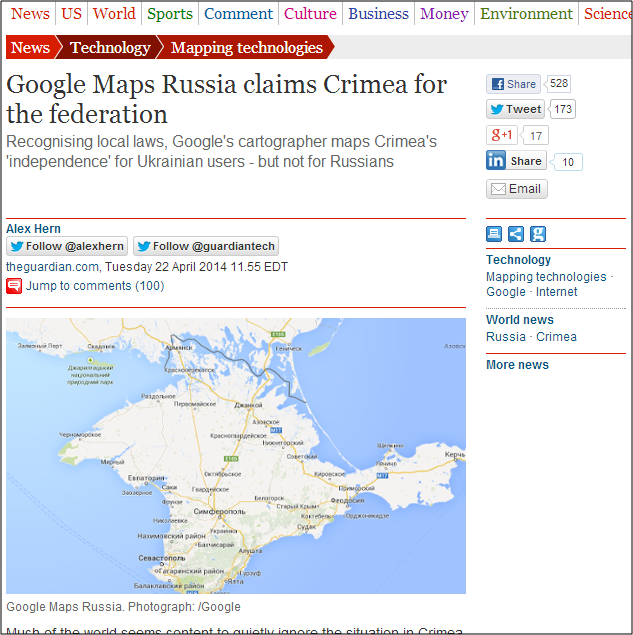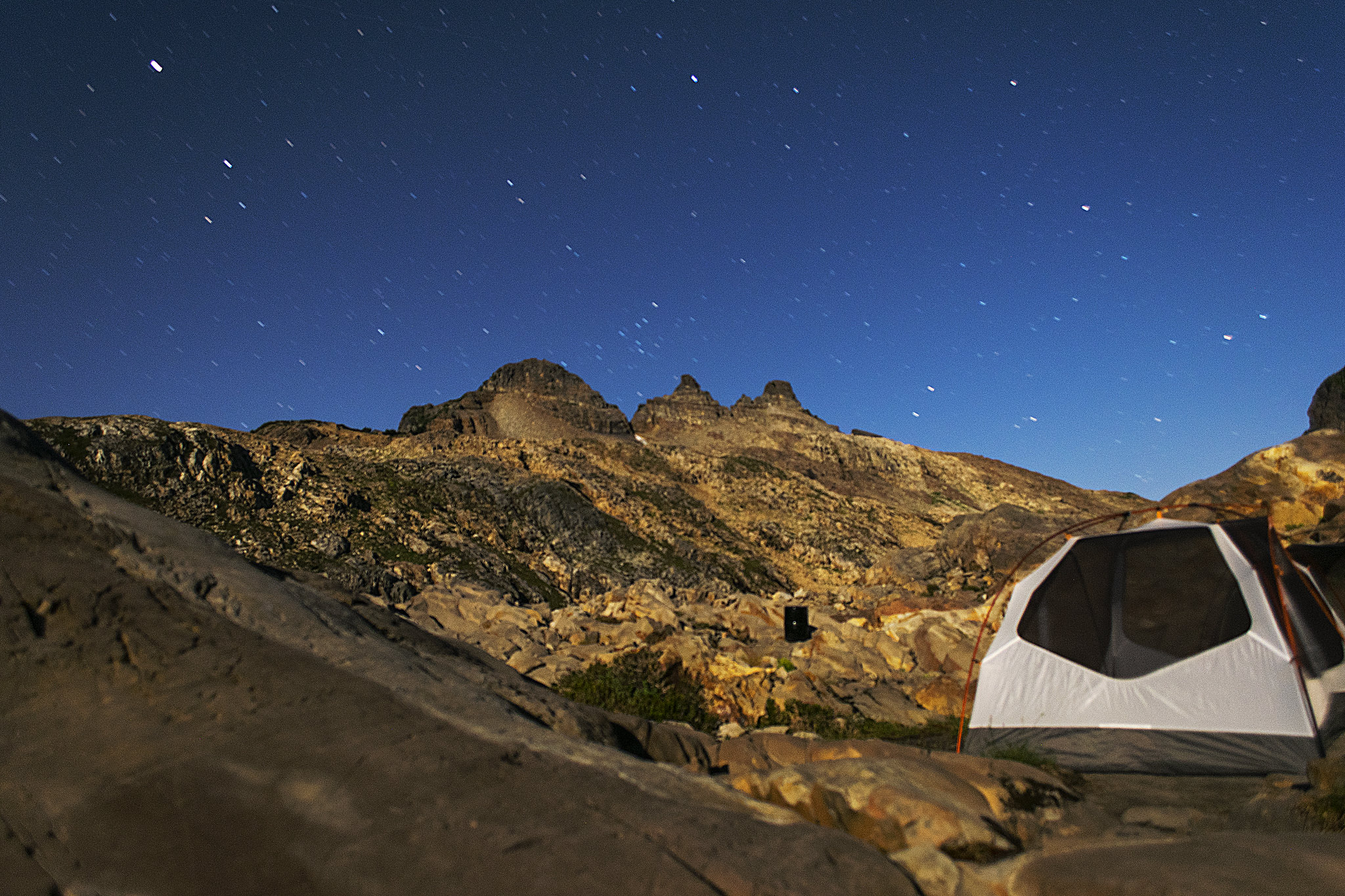Introducing: Ryan
Even though he was only 5 years old, the boy’s move from the west coast to rural Appalachian Virginia implanted early, albeit rudimentary, impressions of how the world is organized. He could tell that the people now around him pronounced their i’s longer and dropped the g’s from the ends of present tense verbs like “running” or “talking”. He was only 5, but somehow he could tell - in their reactions to his speech and in his family’s imitations of local friends - that the Appalachian dialect was a less “desirable” way of speaking than the way he himself spoke. His move from the west coast to rural Appalachian Virginia implanted early impressions that geography matters: it not only changed the way people talk, but also created a relation between people as he spoke a “better” dialect than his new peers. Of course, as he grew older he realized that the local dialect was popularly imagined to sound less educated, and even “backward”. Even later, he learned that these imaginations do not have a grounding in the real world (in other words, people speaking this dialect are not less educated) but serve to create relations of power wherein those speaking the west coast dialect of English are given more “legitimacy” than those speaking the Appalachian dialect. The world - society - is organized by spatial relations.
It probably won’t surprise you to hear that this boy was me. After living in Virginia, I also lived in North Carolina and Kentucky, and visited Norway, Australia, the Bahamas, and Belarus, before realizing I was a geographer in college. Like many college students, concerns over career options led me to become interested in one of the more immediately applied sub-fields of geography: mapping software (GIS).

My research interests shifted over the years. The key idea driving my research now is that maps, data, and software frame and influence the ways we think about the world and people in it. I hone in on that idea by exploring the social and political impacts that new spatial technologies have on humanitarianism and emergency management. Currently, I look at the ways crowdsourcing and social media shift the ways knowledge and needs are collected and represented in crisis zones, and the ways these technologies play into the privatization of humanitarianism. I am also a public scholar, which, for me, means to prioritize communicating the outcomes of my research across multiple audiences: to policymakers, to popular media, to humanitarian workers, and to non-academic friends and family.
I’ve published my research in about a dozen peer-reviewed journals and policy white papers, and presented my research at numerous domestic and international conferences. I’ve served on the leadership boards of the Socialist/Critical Geography Specialty Group, and the GISS Specialty Group, of the Association of American Geographers.
This fall I will begin an Assistant Professor teaching position in Temple University’s Department of Geography and Urban Studies. And I’m proud to say I haven’t taught a class without a student telling me it was their favorite class they’ve ever had.

But most importantly, I am more than my academic interests. I write music reviews for The Sights and Sounds, specializing in ambient, experimental, and minimal electronic music. I run a lot - next week I will run the White River 50-mile race. I’m most moved by 20th-century American literature, including Joseph Heller, Maya Angelou, Vladimir Nabokov, Kurt Vonnegut, and Barbara Kingsolver. I love backpacking, tea, technology, and photography. I would like to climb Mt. Kilimanjaro before the permanent snow melts. If I could go back in history to meet someone, I wouldn’t go far - probably mid-1920s and meet ee Cummings.